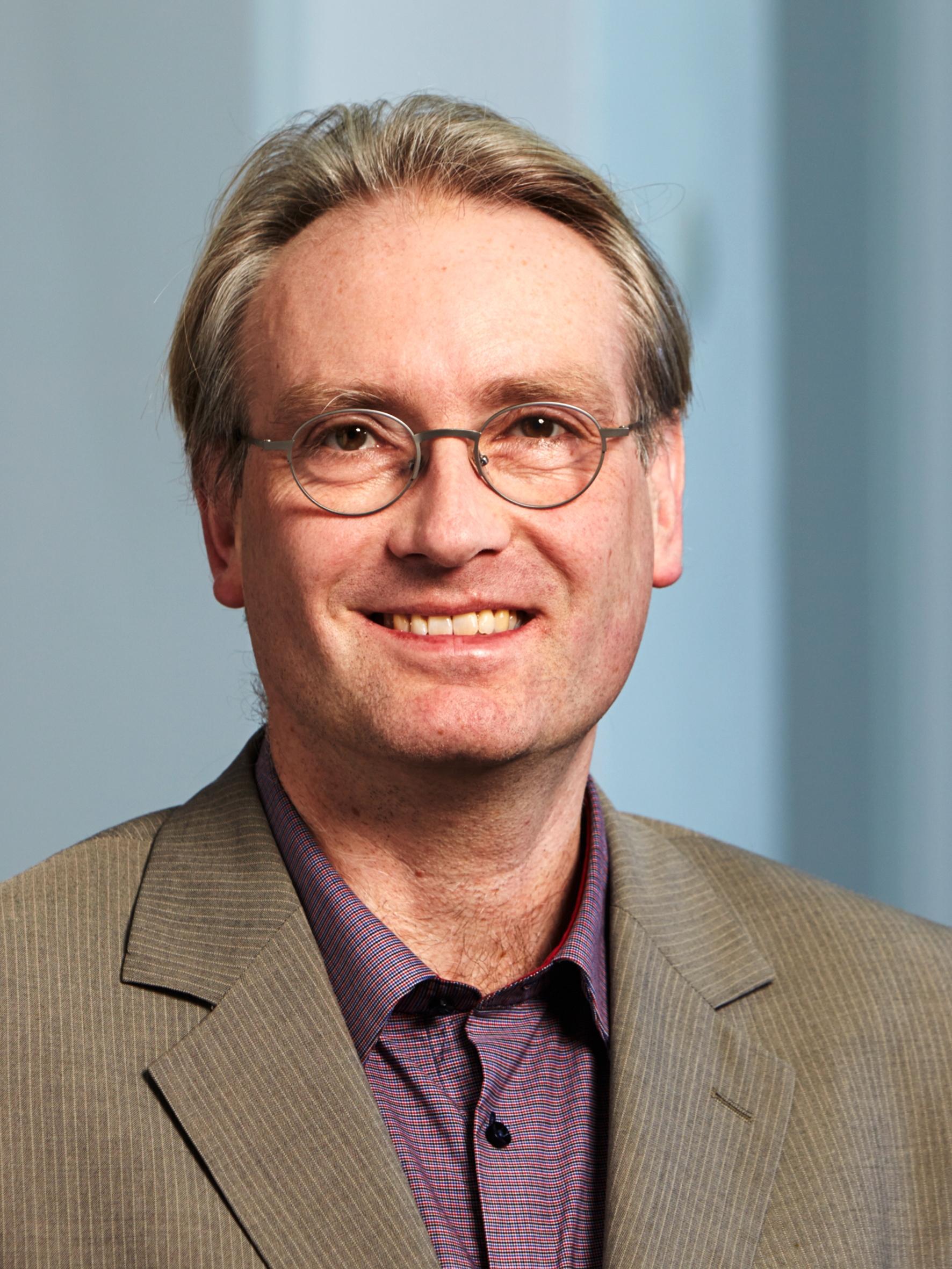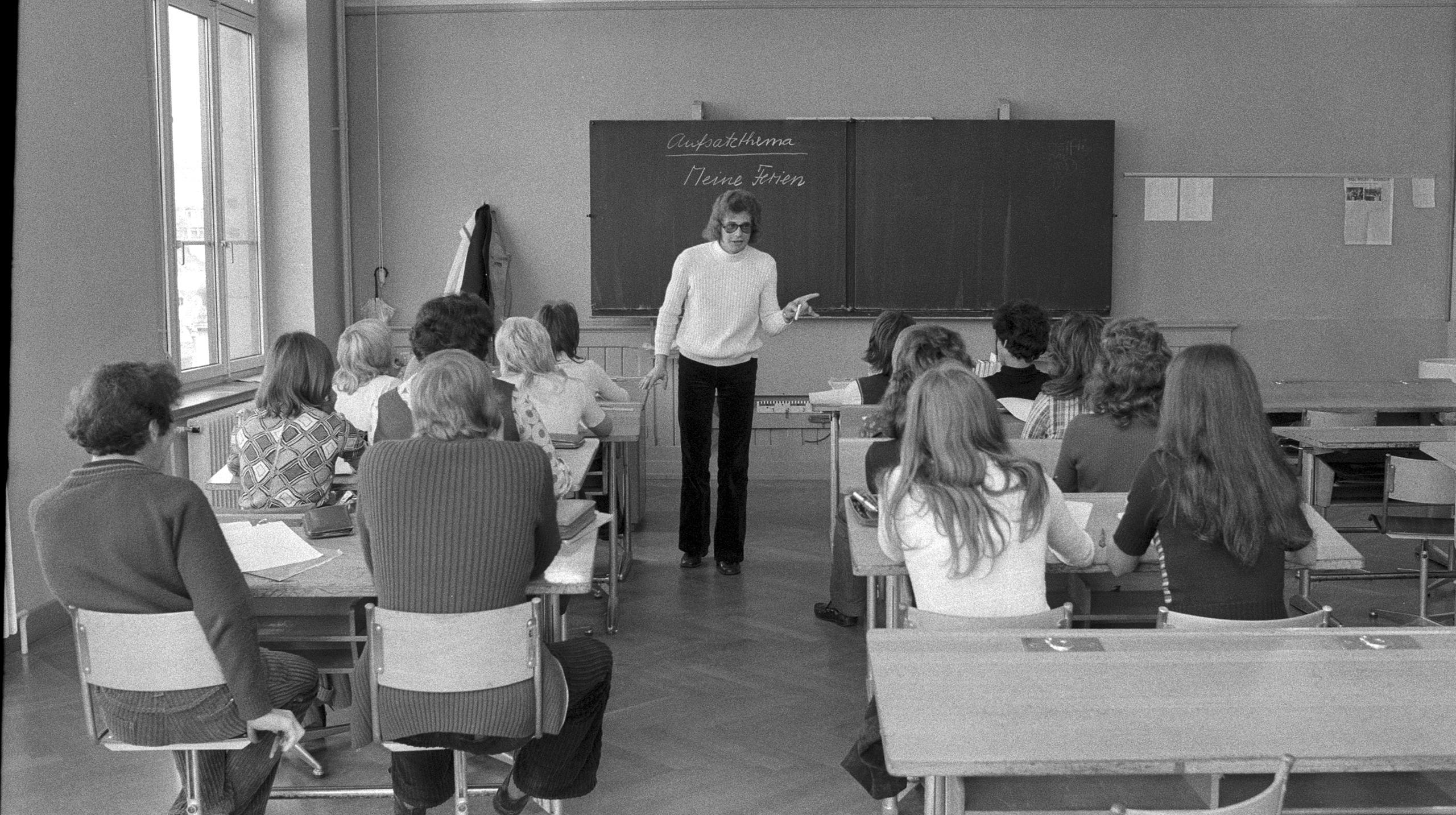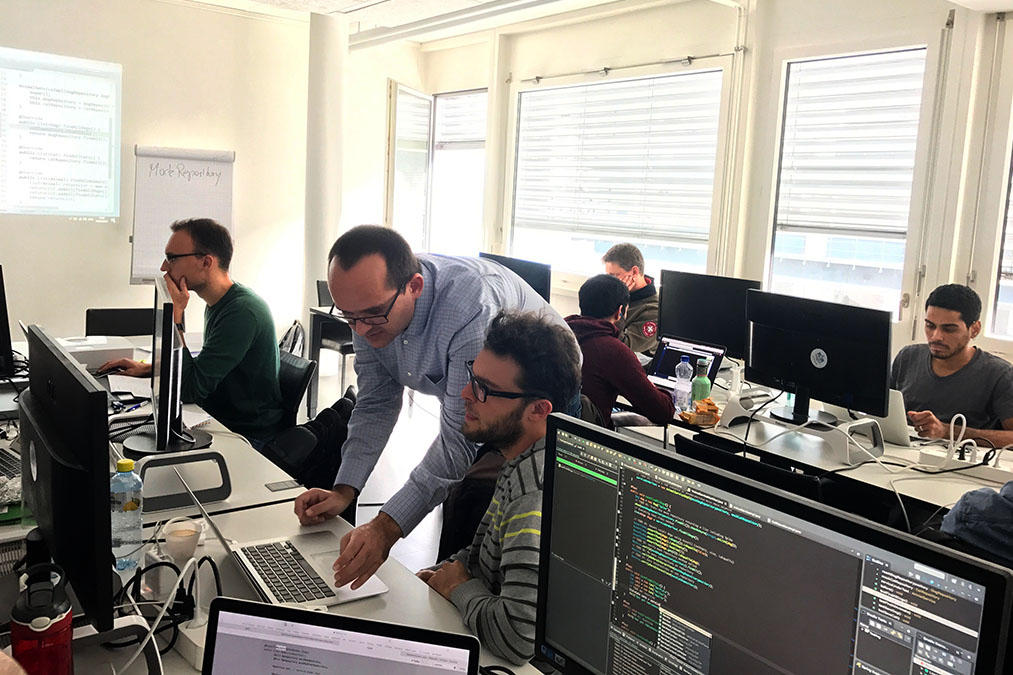Teaching a universal language to the very young
ETH Zurich computer scientist Bernd Gärtner explains why even youngsters should get to grips with computer science.
Computer science is a part of general education. If we are to take this seriously, there are far-reaching implications – it means, for instance, we should teach it to our children in the same way as the other basic school subjects. One of which is, of course, mathematics – for who wouldn’t want their child to be able to add two and two? I consider it just as important that our children don’t grow up illiterate in computer science.
Much more than a computer and a screen
Some people may be disconcerted: of course computer science is important, but why teach it to the very young? I believe one of the misconceptions is that many think immediately of computers and monitors. But for me, computer science is something else – it’s a school of thought that helps me to take problems apart and solve them step by step. If I have a solution in mind, I have to think it through carefully, because a small variation can change everything. If the solution works, I then wonder if there’s an easier or faster way. That’s what algorithmic thinking is about. And algorithms – whether we’ll admit it or not – are increasingly determining our world.

Algorithmic thinking is creative – it stimulates the mind and encourages teamwork. Things that we want from our children’s education, in fact. During courses we give at the department, we observe children programming complex patterns on their own and developing little computer games – pure creativity!
But where are the teaching materials?
Computer science as a school subject is gradually happening, thanks to the years of work computer scientists and educational experts have put in to persuading people. But it’s rather paradoxical that while progressive digitisation has accelerated this process, it has led to computer science often getting a raw deal. Simply because classrooms are equipped with computers, and handling user programmes is on the agenda, nobody’s learning computer science yet. But you don’t learn mathematics just by using a calculator! So although the developments in schools are positive, computer science has still to secure a place as a basic subject in its own right. A big problem here is lack of suitable teaching aids, especially for the young ones.
“We want to avoid losing talents, only because the stereotype of women being less IT-savvy than men still persists in our culture.”
Many parents and teachers have reservations when it comes to computer science lessons, imagining that children will spend even more time in front of screens than they already do. For good computer science lessons, however, no computers are needed. The Kinderlabor (children’s lab), which I co-founded in 2009 as an independent non-profit organisation, is geared to exactly this. We lend teachers computing boxes with teaching material for children between four to eight years of age. Simple floor robots are included as “calculators” for the children to implement what they’ve learned in a playful way.
Learning a universal language
Getting to grips early with information technology has many advantages; indeed small children learn languages more effortlessly than we adults. Shouldn’t it be a part of general education that children learn the languages “spoken” most in the world? Well, the language of algorithms is one of those! We’ve identified another decisive advantage at our children’s lab: the earlier children come into contact with computer science, the less gender plays a role. Five-year-old girls go all out for programming, and are just as talented as the boys. And that’s just the point – we want to avoid losing talents, only because the stereotype of women being less IT-savvy than men still persists in our culture.
So as I said, computer science is a part of general education. This doesn’t mean that we all must become computer scientists, but it does mean that we should all speak the same language, understand the relevance of computer science and have equal access to it, regardless of gender.
This article was originally published on the ETH Zurich ZukunftsblogExternal link
The views expressed in this article are solely those of the authors, and do not necessarily reflect the views of swissinfo.ch.
Opinion series
swissinfo.ch publishes op-ed articles by contributors writing on a wide range of topics – Swiss issues or those that impact Switzerland. The selection of articles presents a diversity of opinions designed to enrich the debate on the issues discussed.

In compliance with the JTI standards
More: SWI swissinfo.ch certified by the Journalism Trust Initiative




You can find an overview of ongoing debates with our journalists here. Please join us!
If you want to start a conversation about a topic raised in this article or want to report factual errors, email us at english@swissinfo.ch.